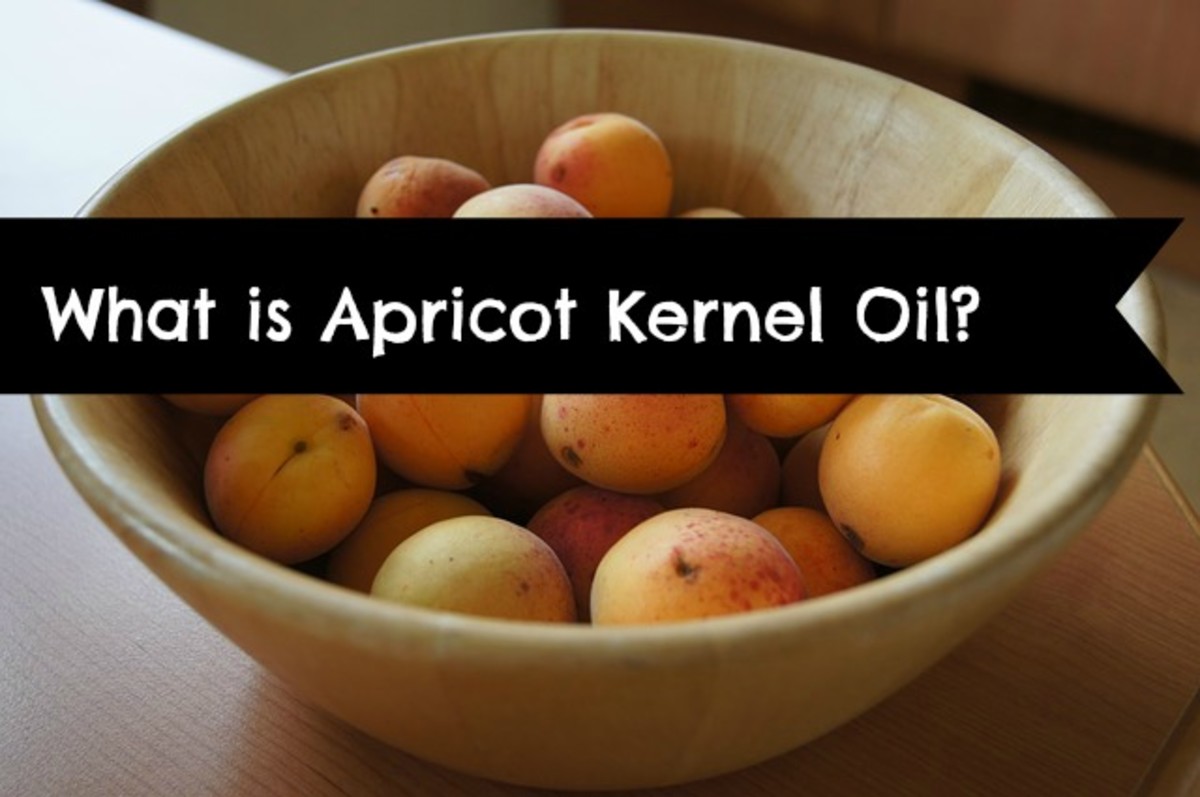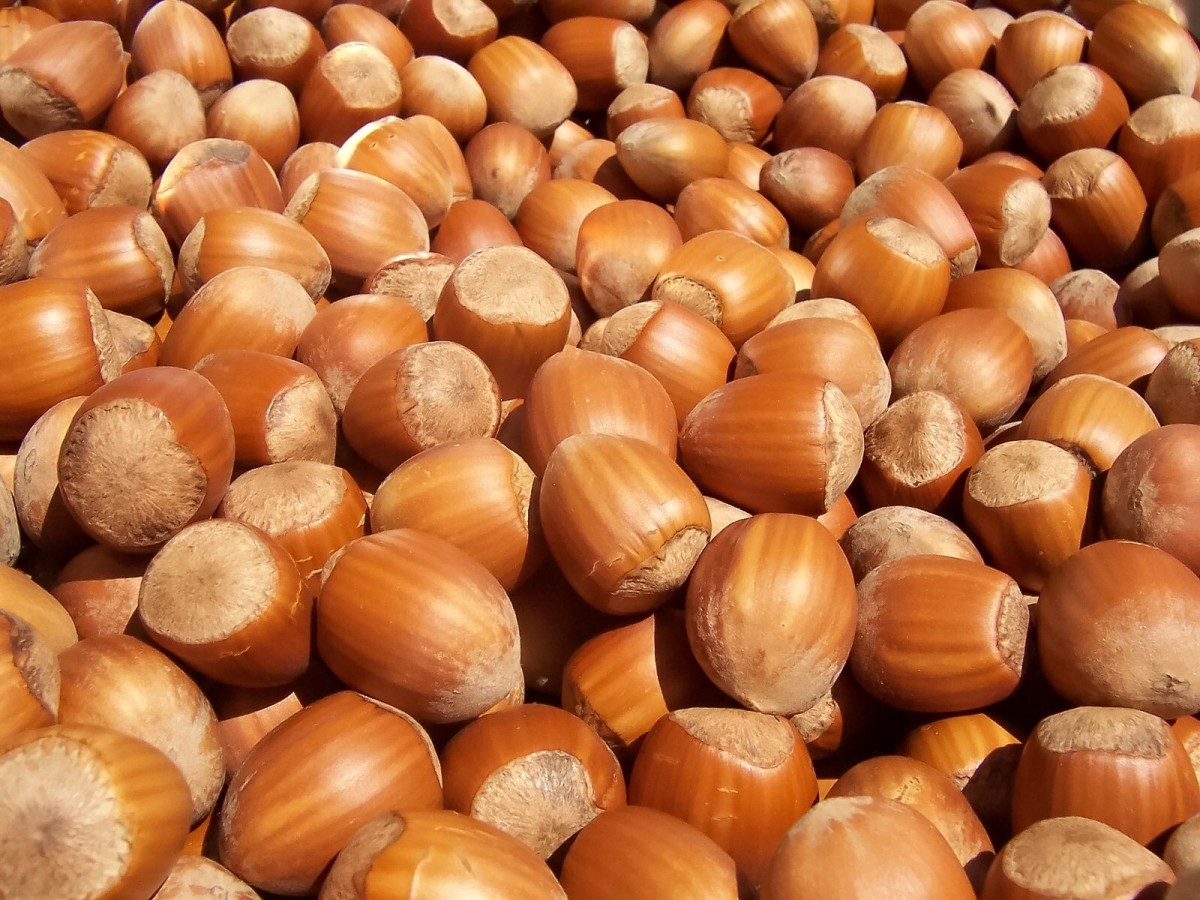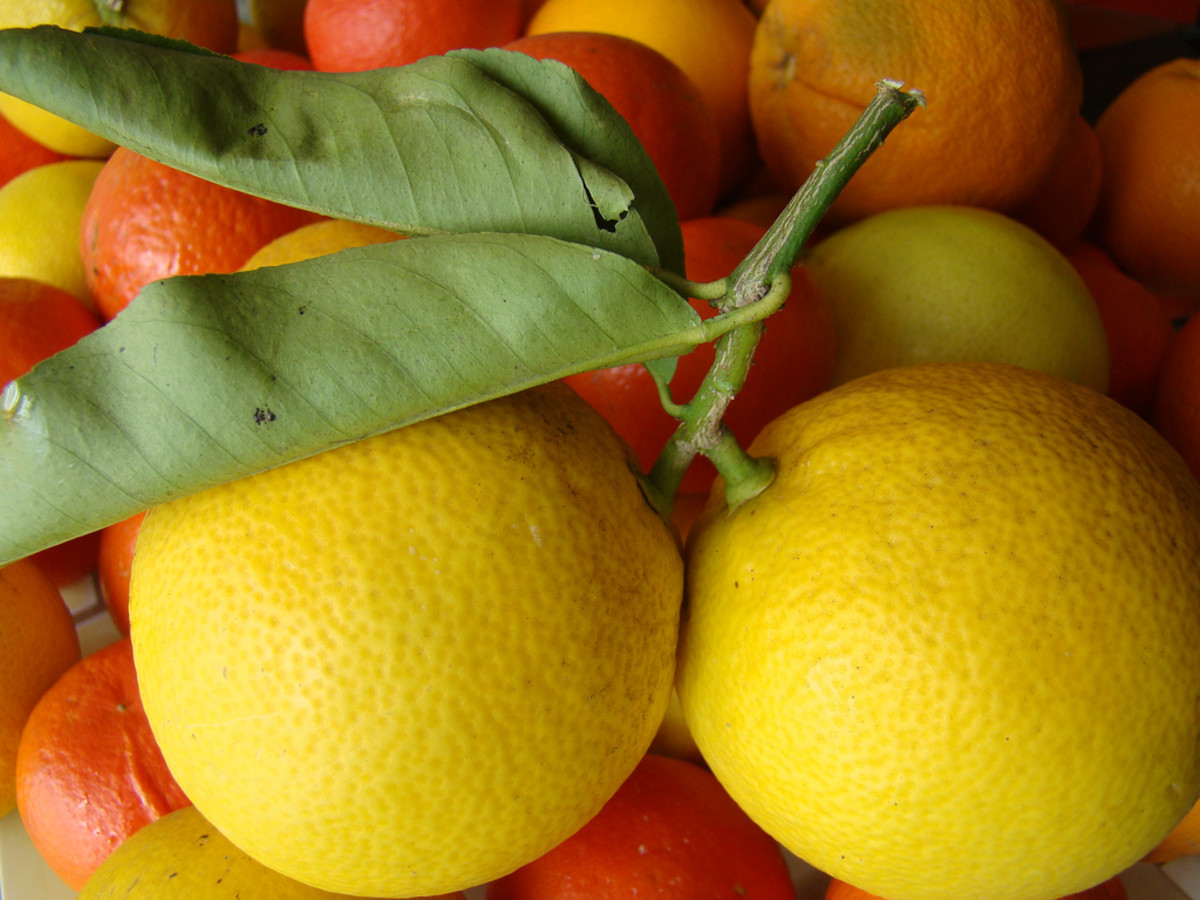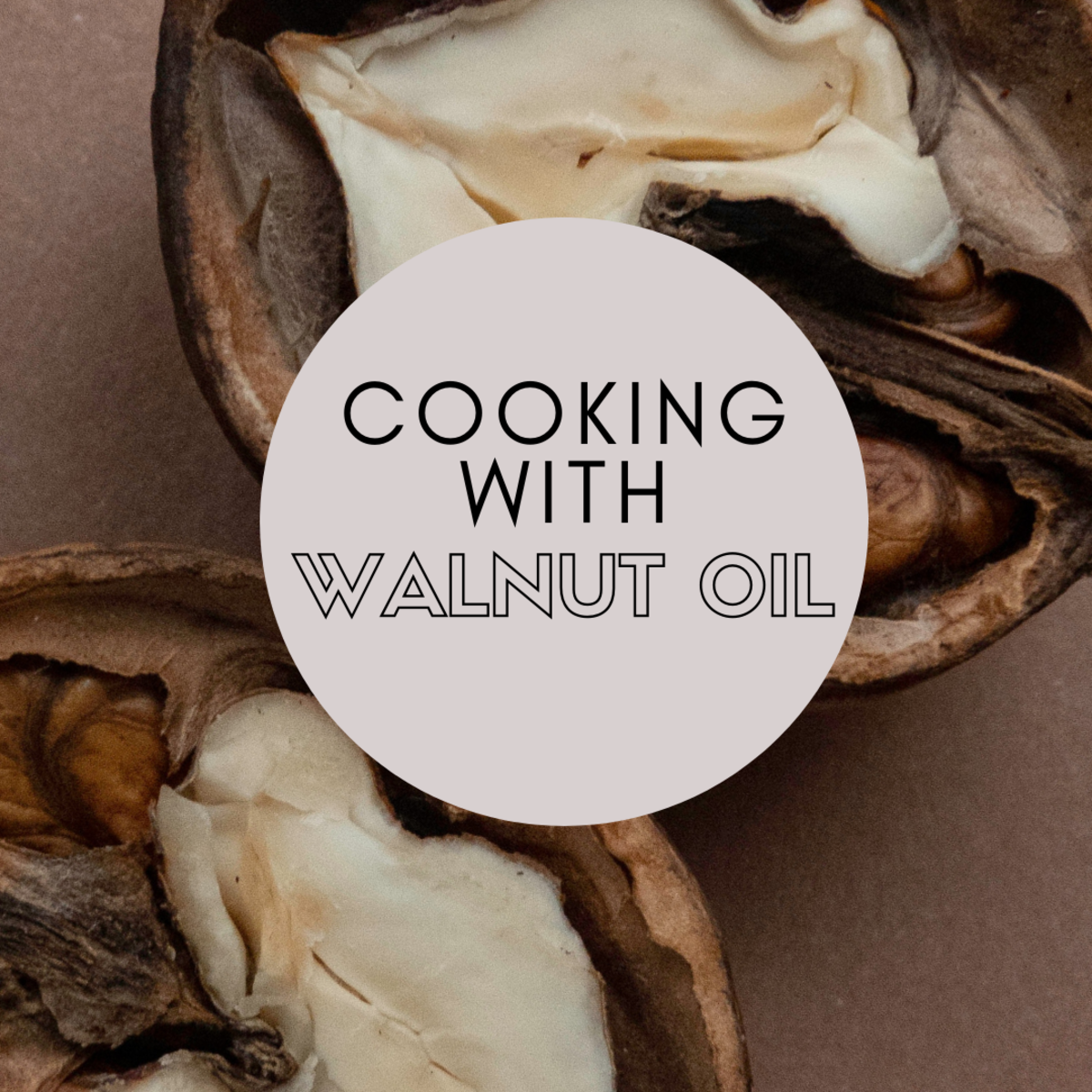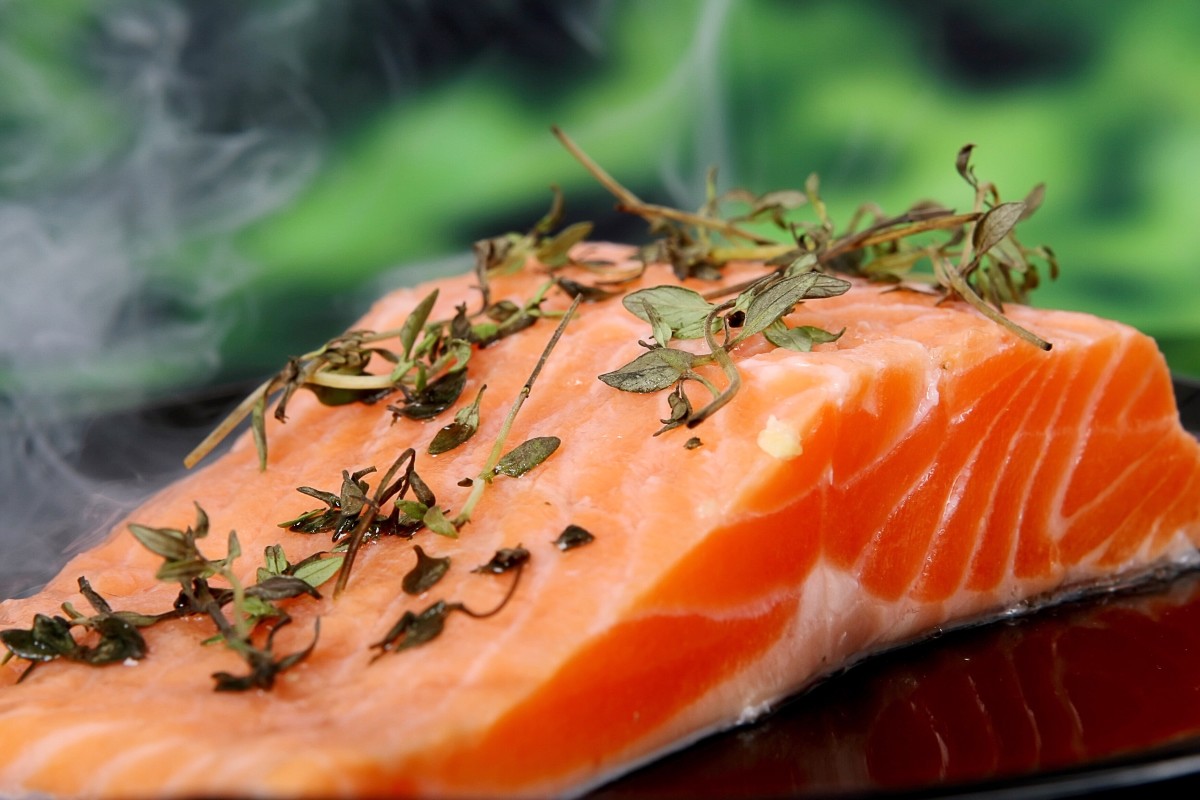Healthy Oils: 5 Fruit Oils
Healthy Oils: 5 Fruit Oils
All oils and fats are 100% fat. However, the components that make up that fat structure of each oil are important in determining whether or not the oil or fat is considered healthy.
It is a myth to believe that consuming fat makes you fat. Fats are necessary to provide a concentrated source of energy and is necessary to make up a healthy diet. All oils are high in calories (about 120 per tablespoon) and therefore should be consumed in moderation.
Cold-pressed or expeller-pressed oils* are recommended to insure maximum purity, flavor, and nutrition.
If cooking with any oil, it is important to know the smoke point** as the next stage beyond the smoke point is the flash point - where combustion can occur (more popularly known as a grease fire).
The culinary fruit oils and their characteristics are as follows:
1 - Apricot Kernel Oil - is from the dried kernels of the apricot tree. It is usually cold- or expeller-pressed* - is high in monounsaturated fat (64%) and contains no trans-fatty acids. The oil is suitable for high-heat cooking such as pan-frying and sautéing and the mild flavor makes it excellent when used in salad dressing. Apricot kernel oil is a popular massage oil, and a carrier for aromatherapy oils.
2 - Avocado Oil - the light and unique taste makes this a very popular choice for salad dressings, as well as for seasoning, and for roasting vegetables. Refined avocado oil has the highest smoke point** of the plant oils and is therefore useful for high heat cooking. This oil is a good source of monounsaturated fat (70%), and vitamin E, making it nutritionally beneficial.
3 - Coconut Oil - is extracted from the dried meat of the coconut. This oil is very popular in Indian, Southeast Asian, and Caribbean cuisine. Coconut oil has a high level of saturated fat (92%)and was previously thought best to be avoided. However, several studies have shown that the saturated fat in this oil metabolizes in the body in a way that is similar to an unsaturated fat; as a result, LDL (low-density lipoprotein, the bad cholesterol) does not increase. This oil is also widely used in baked goods, candy, and as a cooking fat. It is also used in soaps and cosmetics.
4 - Grape Seed Oil - is a by-product of the winemaking industry; most of the oil is extracted from grape seeds in Italy, France, and Switzerland . The subtle flavor makes it suitable for many types of salad. Refined grape seed oil has a high smoke point making it an excellent choice for frying or sautéing.
5 - Olive Oil - is obtained from the olive tree, Olea europaea. It is considered a healthy oil because of its high monounsaturated fat (69%) content. There are three basic types available: extra virgin, virgin, and plain. The extra virgin means the acidity level can be no more than 1%. This oil is best used in salads, spreads, or dips and should not be heated. Virgin has a maximum acidity level of 2%, and can be used in cooking as well as in salads. Products labeled ’olive oil’ or ’pure olive oil’ is usually 85% refined, and 15% virgin or extra virgin. It has less flavor, is less expensive but has the same health benefits of the higher grades. It also has a higher smoke point making it an excellent choice for cooking. Olive oil is also used in cosmetics, soaps, and pharmaceuticals.
* Cold Pressing - the pressing and grinding of fruit or seeds using heavy granite millstones or modern day stainless steel presses. This procedure will heat through friction but the temperature must not rise above 120F in order to be labeled cold-pressed.
Expeller pressing is similar, except that extreme pressure is used which results in much higher temperatures.
**Smoke Point - this is the temperature at which a cooking oil or fat begins to break down. The substance will smoke or burn, and give food an unpleasant taste. (Caution: The flash point is beyond the smoke point and it is the point at which combustion occurs).
For more information about healthy fats, see the links below
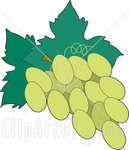
- Healthy Oils: 9 Nut and Seed Oils
We need fat in our diet and healthy oils are one way to add them. Consider nut and seed oils which all have different uses and benefits. - What are Raw Fats? And Why Do We Need Them?
Raw fats should be a part of every healthy diet. But too many of the fats we consume have little or no nutritional value because of processing. Knowing what raw fats are and adding them to your diet is a simple way to reap the healthy benefits.

